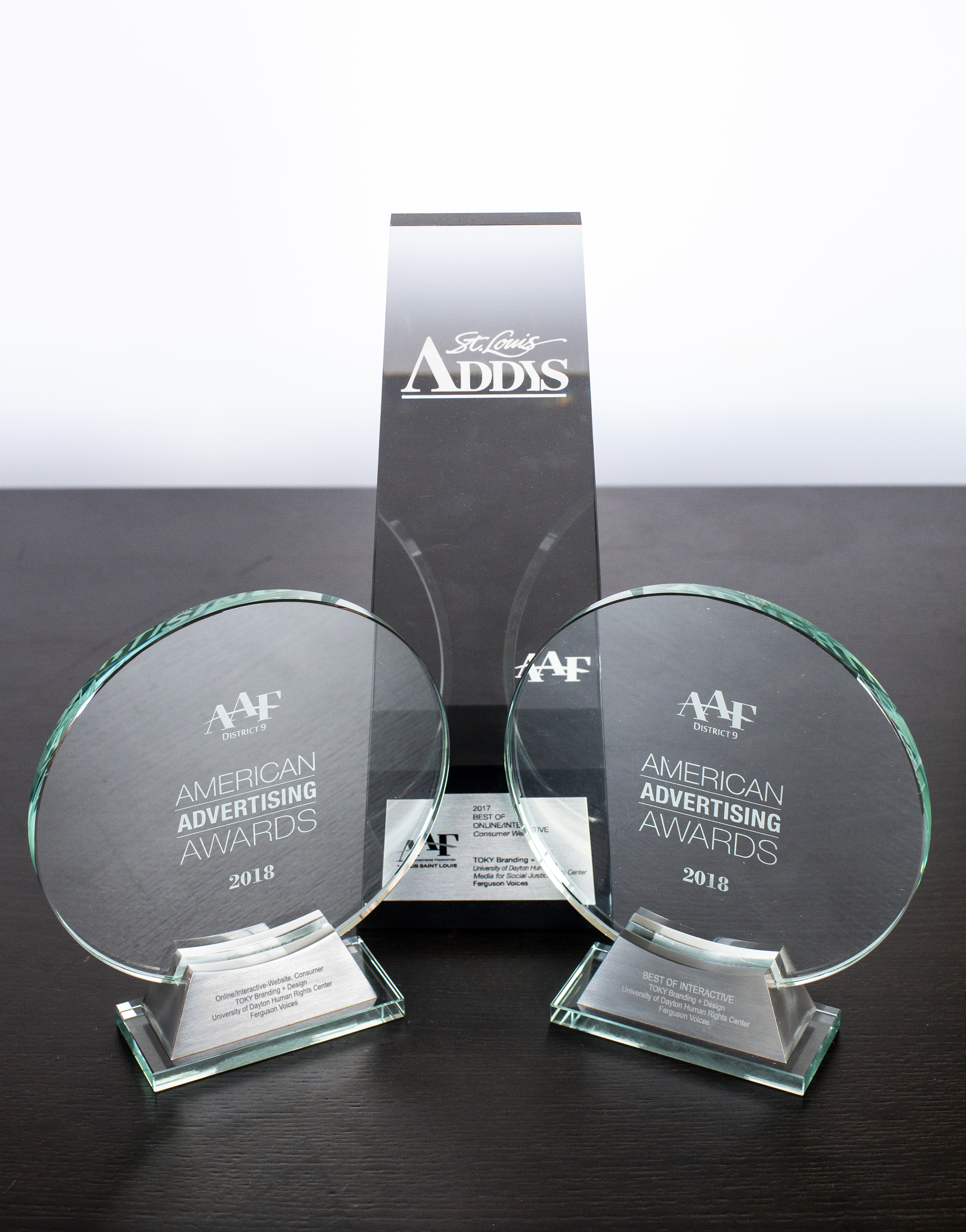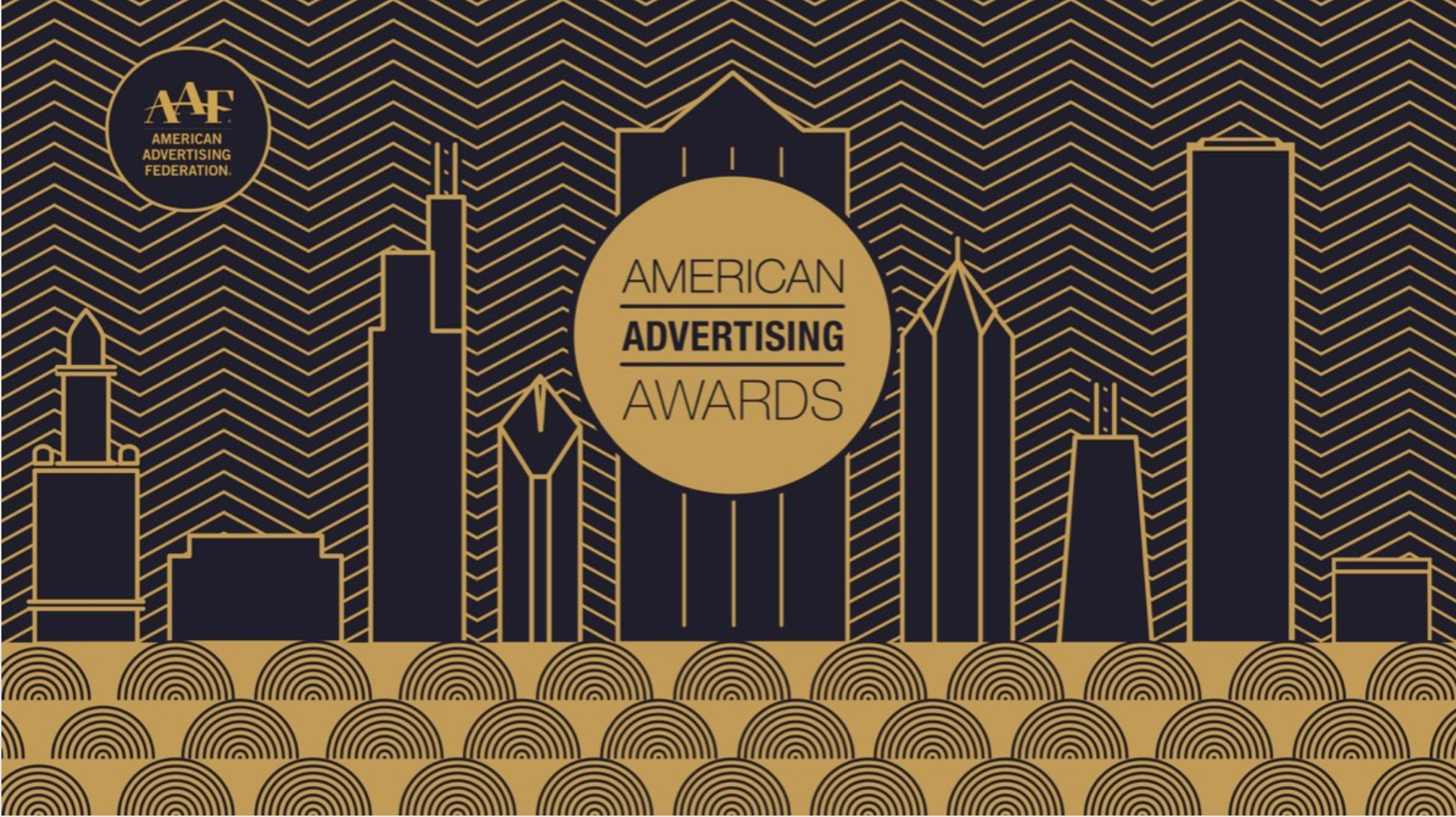Let's Talk Human Rights

Advertising versus/and Human Rights
By Amanda Dee'16
There’s a question you shouldn't ask guest presenters on Career Day, or so I was told before and after I asked it. How much money do you make? I asked the speaker, who stood between the chalkboard and sea of children floating on tiny green chairs. He sported a suit and tie, though I spent more time with him in tube socks with sliders and White Sox T-shirts playing Gauntlet and Spyro the Dragon on weekends. I may have smirked as I asked it, but my memory of the fourth grade is fading a couple years out of college. To this day, my dad won’t let me forget this moment, just as I will never let go of the one time he confused The Clash and The Cure.
My mom and dad practice the good-cop, bad-cop parenting strategy when it comes to career advice for me and my siblings. In a galaxy far, far away, they must have made an agreement about this (or else my dad just verbally strong-arms the conversation every time, which is highly plausible). My mom encouraged me to follow the vocational force pulling me toward writing and editing; my dad planted questions in my head about how many Ks I should earn. My mom shared my articles on Facebook with proud emojis; my dad laid out a savings plan (and also he would never think of having a public Facebook profile).
Me:
What year did you come to my career day?
When I asked you how much you made?
Dad:
Lol. 4th grade I think?
Why?
Me:
writing something
:^)
Dad:
Make sure if I am included it is all good
Alone at the Hilton on Michigan Avenue for the American Advertising Awards chewing on a triangle of cheese quesadilla, I felt wildly out of place, mainly because I don’t spend much time in luxury hotels and couldn't find TOKY. TOKY is a for-profit branding and design company that donated its talents to the Human Rights Center’s first iteration of the Moral Courage Project. Over the summer of 2016, my team and I spoke to Ferguson residents of all different strokes: a librarian who started a School for Peace during the 2014 protests, a performer and mother who started an arts program for children to express themselves following Michael Brown’s death, a former janitor whose entire life became the movement. Our team sought to humanize the lives of Ferguson residents. TOKY’s team helped bring the stories we found to digital life and connect that life to a larger audience.
Ad after ad after ad screened before me: a restaurant’s event intending to end a harsh law harming people with Down syndrome, the talk black parents have had and continue to have with their children, the unseen female stars of STEM’s history. I was once again swimming in a sea of chairs, but this time among the likes of General Electric and Procter & Gamble and UPS. And this time I didn't ask how much money they made. I cared more about how they were using it.
TOKY’s team and our human rights project earned a silver award.
Dad:
Don’t see your name on that?
Me:
my team is
I’m humble.
Dad:
Humble = Broke
Broke = Sad
Today I work for Gateway Foundation, the largest nonprofit provider of substance use disorder treatment in the country. On the marketing team, in the same field as my dad. Although he works in the commercial world and I the nonprofit one, those worlds orbit one another and, more importantly, exist in the same economy. Sixty percent of the people we serve are on Medicaid; without in-taking 40 percent commercially insured patients, however, we would not be able to serve Medicaid patients.
I continue to work in my realm of storytelling, interviewing people in recovery who have successfully completed treatment with our programs and producing a podcast about innovation and hope in behavioral health treatment. I continue to work on the trajectory of social justice and human rights to reduce stigma surrounding mental illness and substance use disorders. I also run targeted ad campaigns and have bills to pay and additional freelance work to help pay them and keep saving as my dad and I had planned.
I don’t expect our worlds to ever merge completely, but now I hope for more crossovers.
Me:
What would you be if you could be anything in the world? (Not considering financials.)
(Job-wise.)
Dad:
Learn more about this project and our partners:
University of Dayton Human Rights Center | PROOF: Media for Social Justice | TOKY Branding + Design| Moral Courage Project | Ferguson Voices


